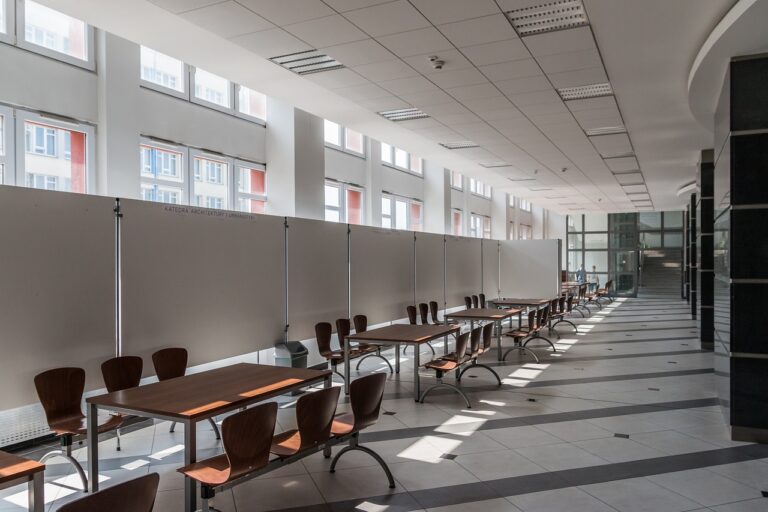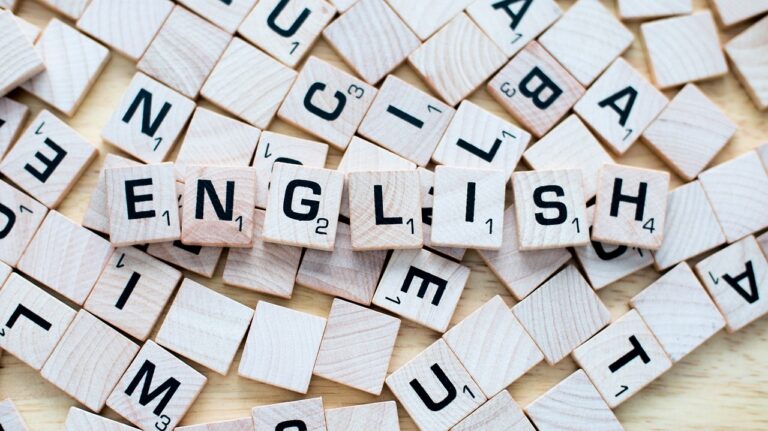Promoting Teamwork and Collaboration in Education
Collaboration among students in educational settings plays a crucial role in fostering a positive learning environment. When students work together on projects or assignments, they are able to exchange ideas, learn from one another, and develop important social skills. This emphasis on working as a team not only builds strong relationships among students but also prepares them for the collaborative nature of the workforce they will enter upon graduation.
Moreover, the practice of working together in education encourages students to consider different perspectives and think critically about diverse viewpoints. By engaging in group discussions or team projects, students learn to value the input of others and enhance their ability to communicate effectively. This emphasis on collaboration not only enhances the educational experience for students but also equips them with the essential skills needed to succeed in an interconnected world.
Building Strong Communication Skills in Students
To produce effective communication skills in students, educators must provide ample opportunities for practice and feedback. Encouraging students to engage in group discussions, presentations, and debates helps them hone their verbal communication abilities. Additionally, written communication skills can be enhanced through assignments that require clear and concise expression of ideas.
Furthermore, fostering active listening skills is essential in developing well-rounded communicators. Teachers can incorporate activities that promote listening comprehension, such as asking students to summarize their peers’ arguments or reflect on the main points of a discussion. By emphasizing the importance of listening attentively, students can better understand diverse perspectives and communicate more effectively in various settings.
Why are communication skills important for students?
Communication skills are essential for students as they are necessary for academic success, building relationships, and future career opportunities. Strong communication skills help students express their thoughts and ideas effectively, collaborate with peers, and navigate various social situations.
How can educators help students develop strong communication skills?
Educators can help students develop strong communication skills by providing opportunities for students to practice speaking, listening, writing, and non-verbal communication. Encouraging group work, presentations, and debates can also help students improve their communication abilities.
What are some strategies for building strong communication skills in students?
Some strategies for building strong communication skills in students include active listening, clear and concise speaking, empathy, body language awareness, and conflict resolution. Providing feedback and encouraging reflection can also help students enhance their communication skills.
How can parents support the development of communication skills in their children?
Parents can support the development of communication skills in their children by engaging in meaningful conversations, reading together, playing communication games, and providing opportunities for public speaking. Modeling effective communication behaviors is also important for children to learn by example.





